牛津译林版英语八年级上册英语Unit 5 Wild animals-Grammar 课件(24张PPT)
文档属性
| 名称 | 牛津译林版英语八年级上册英语Unit 5 Wild animals-Grammar 课件(24张PPT) | 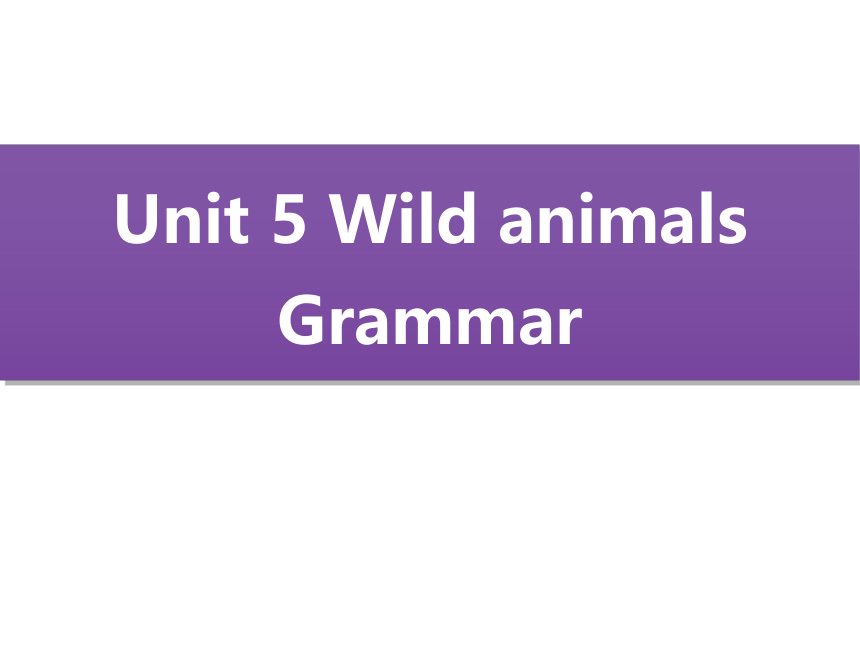 | |
| 格式 | zip | ||
| 文件大小 | 1.7MB | ||
| 资源类型 | 教案 | ||
| 版本资源 | 牛津译林版 | ||
| 科目 | 英语 | ||
| 更新时间 | 2021-11-14 19:29:00 | ||
图片预览

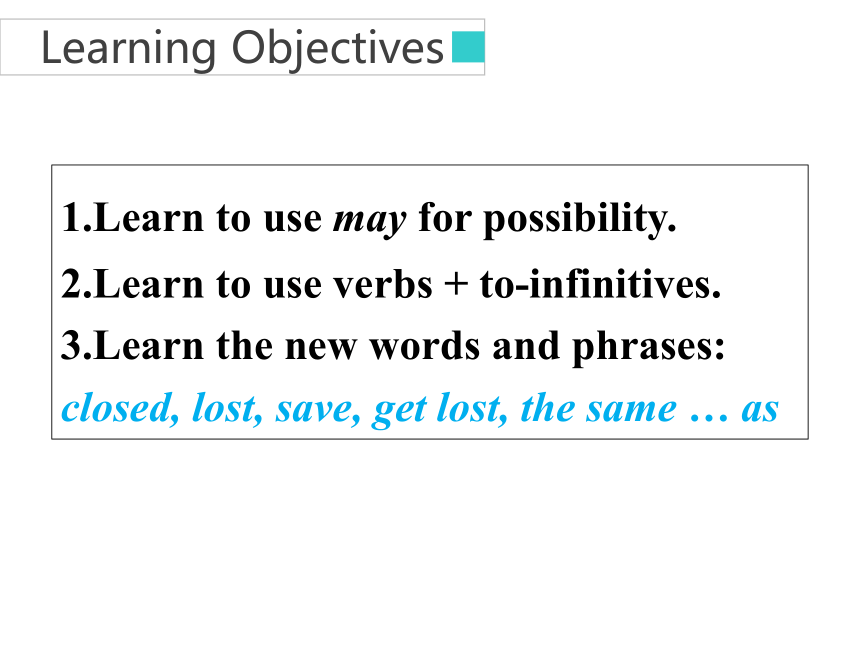
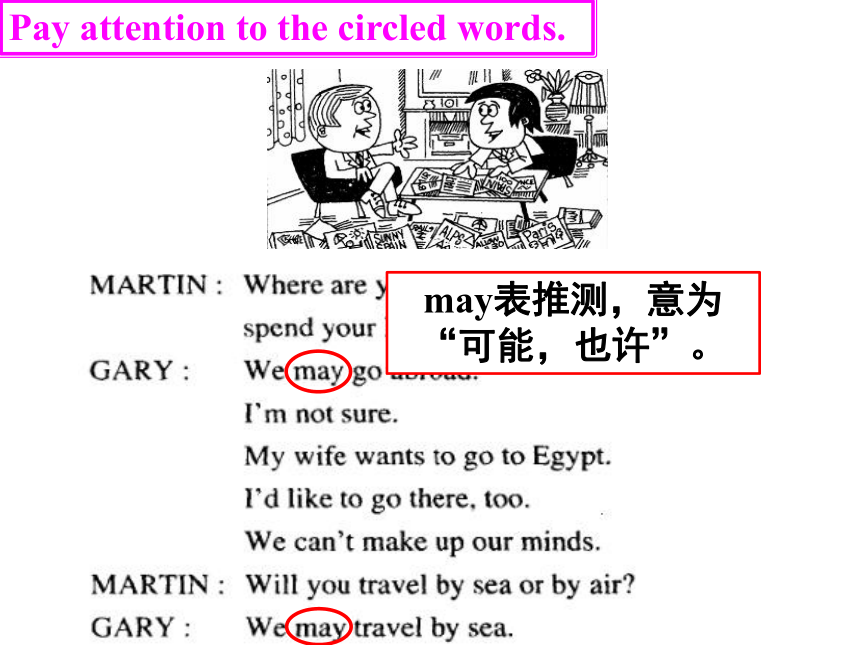

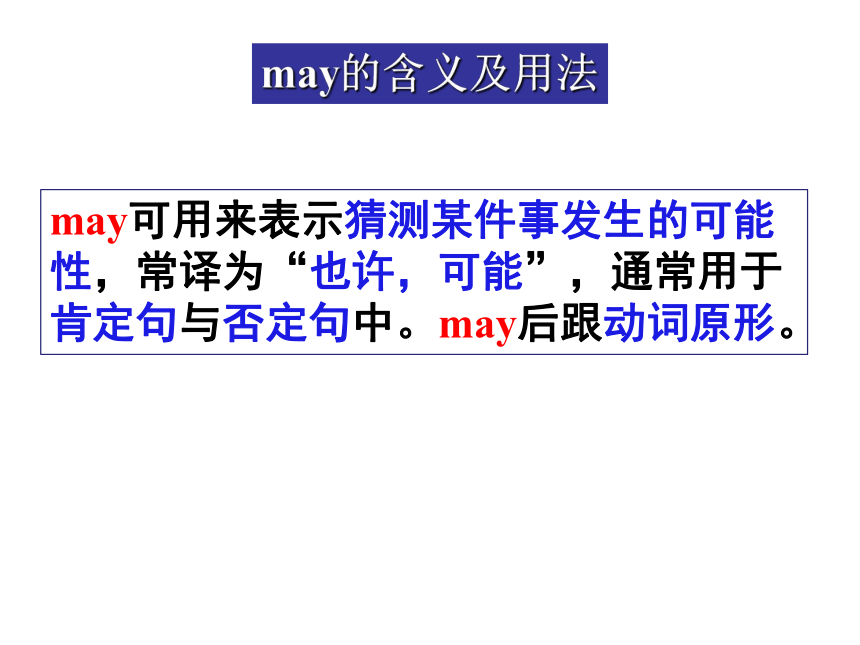

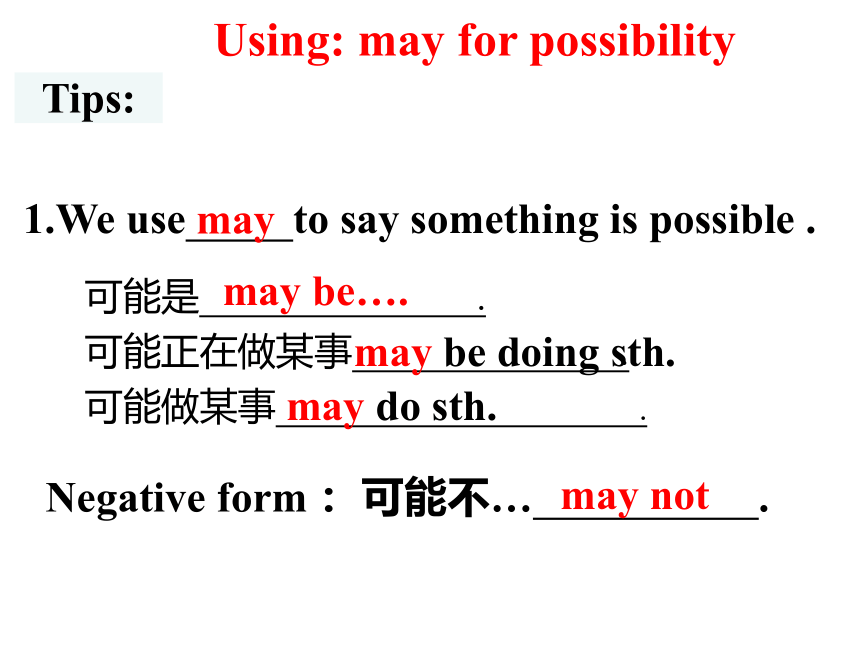
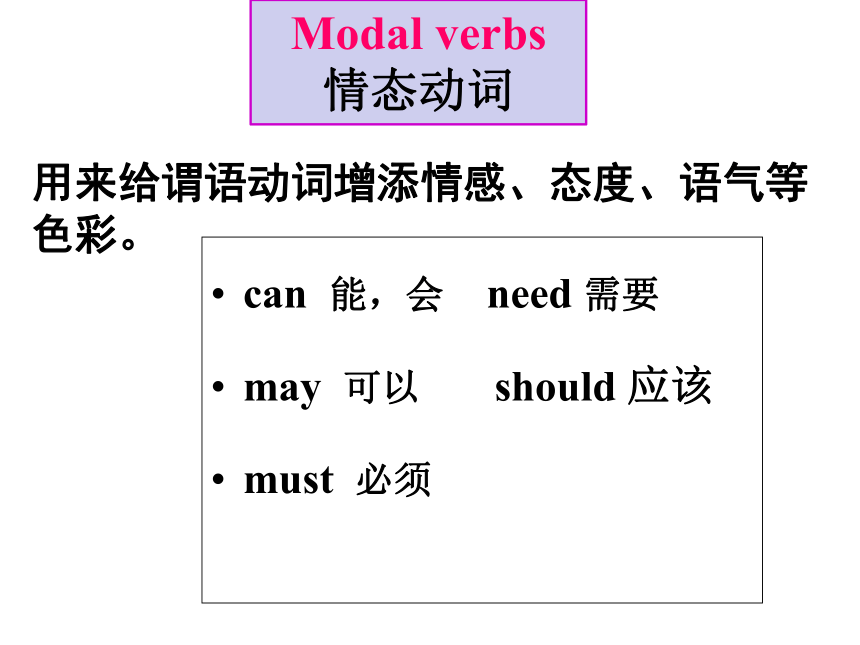
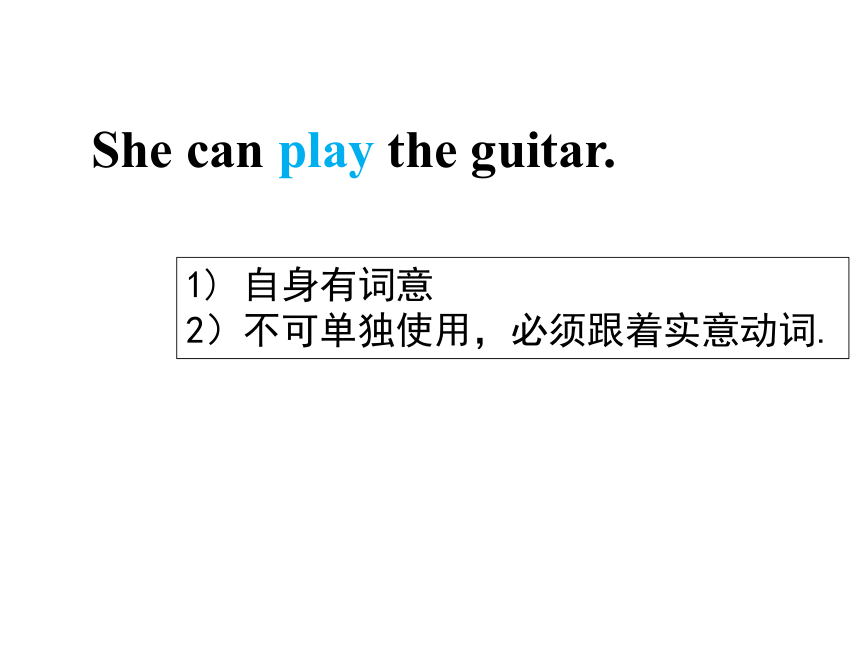
文档简介
(共24张PPT)
Unit 5 Wild animals Grammar
1.Learn to use may for possibility.
2.Learn to use verbs + to-infinitives.
3.Learn the new words and phrases:
closed, lost, save, get lost, the same … as
Learning Objectives
Pay attention to the circled words.
may表推测,意为“可能,也许”。
I without the food.
Wild animals___________ dishes on the table.
may become
may die
Using: may
may的含义及用法
may可用来表示猜测某件事发生的可能性,常译为“也许,可能”,通常用于肯定句与否定句中。may后跟动词原形。
may可用于一般疑问句中,表示请求,常译为“可以”。在回答may开头的一般疑问句时,肯定回答用may,否定回答用mustn't。
- May I come in
- Yes, you may. / No, you mustn't.
—我可以进来吗?
—是的,你可以。/ 不,不可以。
Attention
Using: may for possibility
Tips:
1.We use to say something is possible .
may
可能是 .
可能正在做某事 .
可能做某事 .
Negative form :可能不… .
may not
may be….
may be doing sth.
may do sth.
Modal verbs
情态动词
can 能,会 need 需要
may 可以 should 应该
must 必须
用来给谓语动词增添情感、态度、语气等色彩。
She can play the guitar.
1) 自身有词意
2)不可单独使用,必须跟着实意动词.
may / may not
1. 表示允许(可以)
May I come in
2. 表示推测 (可能) ----通常用于肯定形式
She may be still waiting for us.
3. 表示祝愿
May you have a happy weekend.
may的用法:
1.情态动词后接动词原形;
2.没有人称和数的变化;
3.不能单独作谓语, 与后面的动词共同作谓语;
4.其否定形式在后面直接加not。
Modal verbs
情态动词
Using: may for possibility
Model: It may be a (an) .
It may .
be drinking water
It may be thirsty/need water .
It may not be sleeping.
tiger
It may be a (an) .
It may .
lion.
be carrying the zebra
A
The elephant is going towards the water.
It (need) a bath.
2. The little boy is crying because he saw the tigers.
He (be) afraid of them.
3. I can’t go near the lions and tigers.
They (hurt) me.
may need
may be
may hurt
Complete the sentences with “may”
4. The baby panda is not drinking its mum's milk.
It (not be) hungry.
5. The monkeys are jumping around.
They (be playing) with each other.
6. The horse is standing with its eyes closed.
It (be sleeping) .
may not be
may be playing
may be sleeping
Extension
May表示“可能”时,相当于perhaps, maybe
1. He may not be at home now.
=Perhaps he isn't at home now.
=Maybe he isn't at home now.
2. The baby may have something nice to eat.
=Perhaps the baby has something nice to eat.
=Maybe the baby has something nice to eat.
Situation
Pay attention to the circled words.
may表推测,意为“可能,也许”。
动词不定式结构:
verb + to do
Using verbs+to-infinitives
1. Li Hua wants to play in the next World Cup.
2. I plan to eat more fruit and vegetables every day.
3. After dinner, we like to watch TV and chat there.
上面例子中主要行为动词后面的动词都采用了“to + 动词原形”的结构,我们把这种结构称为动词不定式(有时可以不带to)。当句子中已经有谓语动词,而我们又要表达不止一个动作概念时,其余的动词可以使用非谓语形式表达。动词不定式就是动词的一种非谓语形式,其基本形式是“to+动词原形”,否定形式为 “not to+动词原形”。
他争取开会不迟到。
1) My sister wants to be a teacher.
2) We should learn to deal with these problems.
3) Tina has decided to sell her car.
4) He tried not to be late for the meeting.
* 动词不定式常在动词后作宾语。
* 这类动词有 agree, begin, decide, fail, forget, hope, learn, plan, prepare, remember, try, want等。这类动词均属于及物动词,表明想要、计划或希望要做(或发生)的事。
动词不定式的用法
我的妹妹想当一名教师。
我们应该学会处理这些问题。
缇娜已经决定了要卖掉她的车。
动词不定式的否定形式为“not to+动词原形”
注意:动词不定式在句中不作谓语,因此没有人称和数的变化。
Extension
不定式放在及物动词后,用作宾语
常用动词不定式作宾语的动词有:
want, plan, hope, learn, decide,would like, begin,
start, try, need, forget, choose, agree, promise
有些动词既可跟不定式作宾语,也可跟动名词作宾语,
但含义不同:
forget to do sth. 忘记要做某事
forget doing sth. 忘记曾经做过某事
stop to do sth. 停下来去做某事
stop doing sth. 停止做某事
go on to do sth. 继续做另一件事
go on doing sth. 继续做原来在做的事
need to do sth. 需要做某事
need doing sth. 需要被做
Complete the conversation
B
Dad: Do you know anything special about wild animals
Amy:Yes,Dad.For example, Dolphins are clever. They can
_______________(learn, work out) easy maths problems.
Dad: What do you know about bats
Amy: Bats can't see, but they can __________(decide,fly)
the right way with the help of their mouth and ears.
Dad: Did you know that bees never get lost
Amy: Yes. Bees always___________________(remember, come back) the same way as they went.
learn to work out
decide to fly
remember to come back
Dad: What do you know about squirrels
Amy: They always_____________(begin, save) some food before winter comes.
Dad: Yes, but sometimes they forget where to find the food.
begin to save
Unit 5 Wild animals Grammar
1.Learn to use may for possibility.
2.Learn to use verbs + to-infinitives.
3.Learn the new words and phrases:
closed, lost, save, get lost, the same … as
Learning Objectives
Pay attention to the circled words.
may表推测,意为“可能,也许”。
I without the food.
Wild animals___________ dishes on the table.
may become
may die
Using: may
may的含义及用法
may可用来表示猜测某件事发生的可能性,常译为“也许,可能”,通常用于肯定句与否定句中。may后跟动词原形。
may可用于一般疑问句中,表示请求,常译为“可以”。在回答may开头的一般疑问句时,肯定回答用may,否定回答用mustn't。
- May I come in
- Yes, you may. / No, you mustn't.
—我可以进来吗?
—是的,你可以。/ 不,不可以。
Attention
Using: may for possibility
Tips:
1.We use to say something is possible .
may
可能是 .
可能正在做某事 .
可能做某事 .
Negative form :可能不… .
may not
may be….
may be doing sth.
may do sth.
Modal verbs
情态动词
can 能,会 need 需要
may 可以 should 应该
must 必须
用来给谓语动词增添情感、态度、语气等色彩。
She can play the guitar.
1) 自身有词意
2)不可单独使用,必须跟着实意动词.
may / may not
1. 表示允许(可以)
May I come in
2. 表示推测 (可能) ----通常用于肯定形式
She may be still waiting for us.
3. 表示祝愿
May you have a happy weekend.
may的用法:
1.情态动词后接动词原形;
2.没有人称和数的变化;
3.不能单独作谓语, 与后面的动词共同作谓语;
4.其否定形式在后面直接加not。
Modal verbs
情态动词
Using: may for possibility
Model: It may be a (an) .
It may .
be drinking water
It may be thirsty/need water .
It may not be sleeping.
tiger
It may be a (an) .
It may .
lion.
be carrying the zebra
A
The elephant is going towards the water.
It (need) a bath.
2. The little boy is crying because he saw the tigers.
He (be) afraid of them.
3. I can’t go near the lions and tigers.
They (hurt) me.
may need
may be
may hurt
Complete the sentences with “may”
4. The baby panda is not drinking its mum's milk.
It (not be) hungry.
5. The monkeys are jumping around.
They (be playing) with each other.
6. The horse is standing with its eyes closed.
It (be sleeping) .
may not be
may be playing
may be sleeping
Extension
May表示“可能”时,相当于perhaps, maybe
1. He may not be at home now.
=Perhaps he isn't at home now.
=Maybe he isn't at home now.
2. The baby may have something nice to eat.
=Perhaps the baby has something nice to eat.
=Maybe the baby has something nice to eat.
Situation
Pay attention to the circled words.
may表推测,意为“可能,也许”。
动词不定式结构:
verb + to do
Using verbs+to-infinitives
1. Li Hua wants to play in the next World Cup.
2. I plan to eat more fruit and vegetables every day.
3. After dinner, we like to watch TV and chat there.
上面例子中主要行为动词后面的动词都采用了“to + 动词原形”的结构,我们把这种结构称为动词不定式(有时可以不带to)。当句子中已经有谓语动词,而我们又要表达不止一个动作概念时,其余的动词可以使用非谓语形式表达。动词不定式就是动词的一种非谓语形式,其基本形式是“to+动词原形”,否定形式为 “not to+动词原形”。
他争取开会不迟到。
1) My sister wants to be a teacher.
2) We should learn to deal with these problems.
3) Tina has decided to sell her car.
4) He tried not to be late for the meeting.
* 动词不定式常在动词后作宾语。
* 这类动词有 agree, begin, decide, fail, forget, hope, learn, plan, prepare, remember, try, want等。这类动词均属于及物动词,表明想要、计划或希望要做(或发生)的事。
动词不定式的用法
我的妹妹想当一名教师。
我们应该学会处理这些问题。
缇娜已经决定了要卖掉她的车。
动词不定式的否定形式为“not to+动词原形”
注意:动词不定式在句中不作谓语,因此没有人称和数的变化。
Extension
不定式放在及物动词后,用作宾语
常用动词不定式作宾语的动词有:
want, plan, hope, learn, decide,would like, begin,
start, try, need, forget, choose, agree, promise
有些动词既可跟不定式作宾语,也可跟动名词作宾语,
但含义不同:
forget to do sth. 忘记要做某事
forget doing sth. 忘记曾经做过某事
stop to do sth. 停下来去做某事
stop doing sth. 停止做某事
go on to do sth. 继续做另一件事
go on doing sth. 继续做原来在做的事
need to do sth. 需要做某事
need doing sth. 需要被做
Complete the conversation
B
Dad: Do you know anything special about wild animals
Amy:Yes,Dad.For example, Dolphins are clever. They can
_______________(learn, work out) easy maths problems.
Dad: What do you know about bats
Amy: Bats can't see, but they can __________(decide,fly)
the right way with the help of their mouth and ears.
Dad: Did you know that bees never get lost
Amy: Yes. Bees always___________________(remember, come back) the same way as they went.
learn to work out
decide to fly
remember to come back
Dad: What do you know about squirrels
Amy: They always_____________(begin, save) some food before winter comes.
Dad: Yes, but sometimes they forget where to find the food.
begin to save
